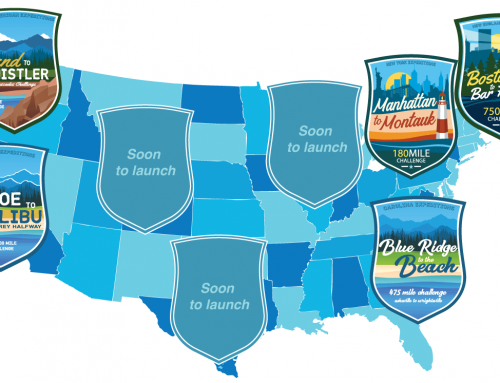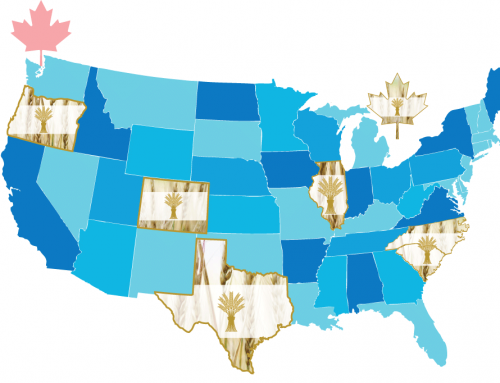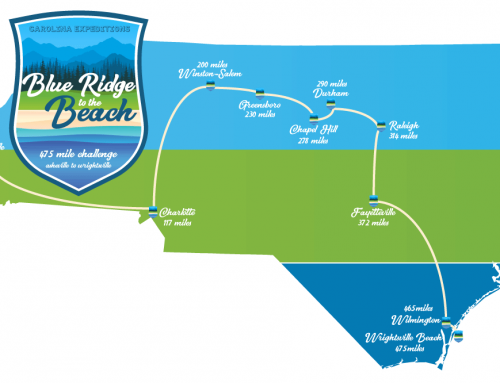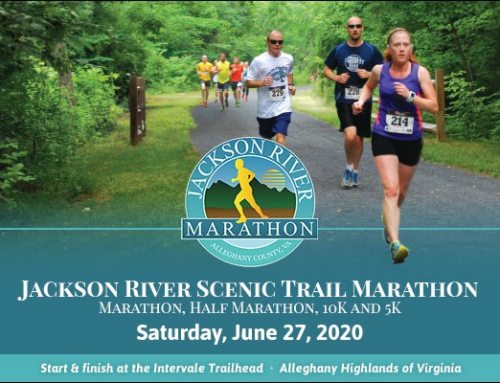By John C. Bevier
No one ever expects to have to use their CPR training, but when a life is in jeopardy, trained responders often act first and think about it later. Such is the case for Jason Biggs and Brent Dorenkamp, who saved Christopher J. Cramarossa’s life during the Smile Train Sprint Triathlon last year. Thanks to their heroic efforts, the American Red Cross presented them with a medal award ceremony and a certificate of merit signed by President Barack Obama. These are the highest awards bestowed by the Red Cross to individuals who save or sustain a human life.
“Within a few minutes after the race, I passed out and do not remember much until I was revived,” says Cramarossa. “When the paramedics arrived, they told me that I had sustained a heart attack and they were bringing me to WakeMed Hospital, where doctors installed two stents in the second large artery that runs along the back side of the heart.”
Biggs and Dorenkamp used an automated external defibrillator (AED) on Cramarossa when he collapsed soon after crossing the finish line and then failed to respond to CPR. Both men work for Finish Strong Event Production Co. and are Red Cross-certified after completing CPR/AED/first aid training.
Biggs and Dorenkamp received their certificates of merit from John Bevier, then a Red Cross regional representative, and Barry Porter, Red Cross regional chief executive officer. The certificates are signed by Obama and the chairman of the American Red Cross. In addition, Biggs and Dorenkamp will receive citations and medals in recognition of their achievement.
“Emergencies occur every day …,” says Porter. “Make sure your family and household members have the skills and confidence to act in an emergency until help arrives.”
Sudden cardiac arrest or heart attack can happen to almost anyone at any time and is one of the leading causes of death in the U.S. On an average day in the United States, nearly 1,000 adults die from sudden cardiac arrest, a total of 350,00 per year. An AED is the only effective treatment for restoring a regular heart rhythm during sudden cardiac arrest and is an easy-to-operate tool for someone with no medical background.
Time is of the essence. Defibrillation within the first minute of sudden cardiac arrest can save the life of up to 90% of its victims. However, with each minute of delay until defibrillation, the survival rate drops by 10%, according to the American Heart Association. For more information about the purchase of an AED or to register for CPR/AED and first aid training, visit the American Red Cross at http://www.redcross.org.
CPR rescue attempts using AEDs improves survival rates by as much as 49%. Another remarkable statistic… 20,000 to 100,000 lives could be saved each year if defibrillation was readily available.
“Taking a Red Cross First Aid and CPR/AED course is a great New Year’s resolution,” Barry Porter said. Information about courses and how to register is at redcross.org/takeaclass.
# # #
John C. Bevier is a triathlete who has worked for the American Red Cross as a Lifeline Solutions Specialist. He is available for new opportunities that focus on business management and development, or sales and marketing. jdbevier@yahoo.com 919-946-8620






